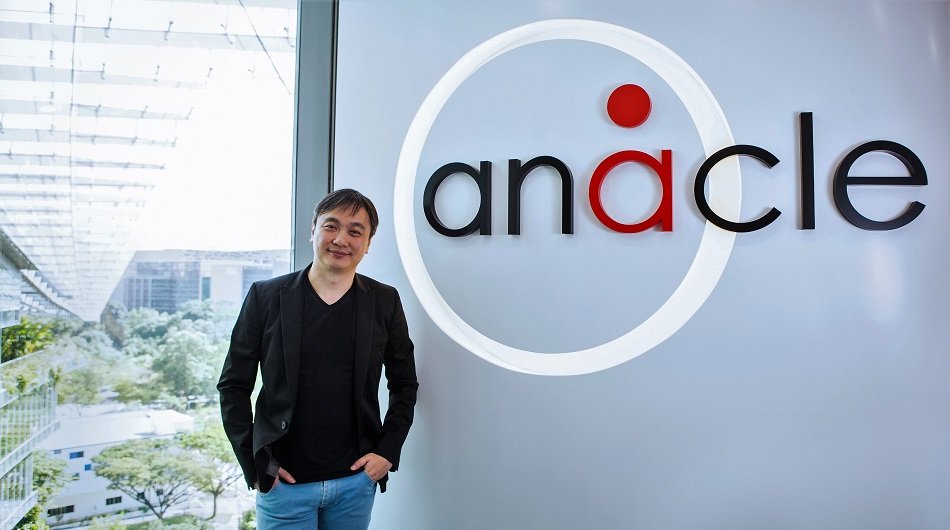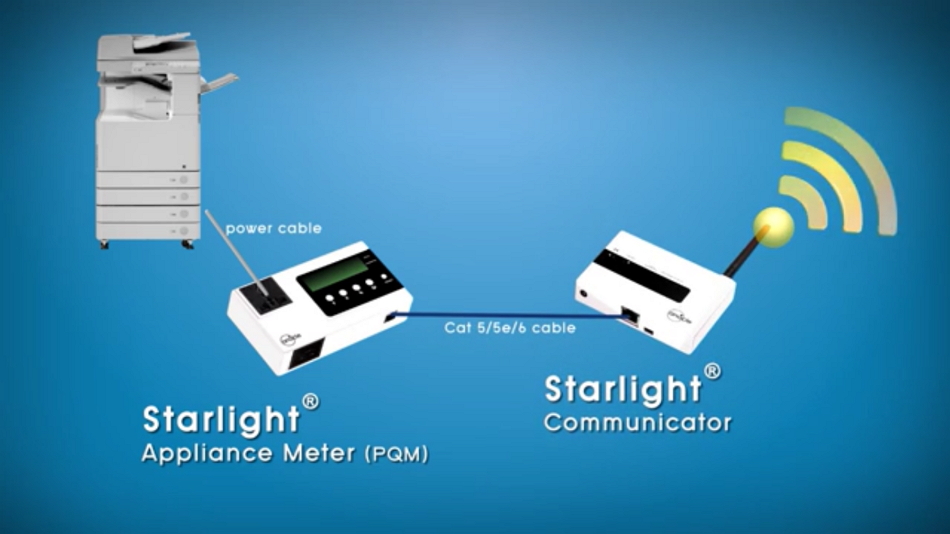
Anacle founder and CEO, Alex Lau. Photo credit: Anacle.
When news came out that Anacle, a Singapore-based startup that specializes in property and energy management for buildings, was going public in the Hong Kong Stock Exchange’s Growth Enterprise Market, my first question was, “Who?”
Founder and CEO Alex Lau concedes the company could trumpet its presence a little more, especially now that it’s filed for an IPO. “We’re the best unknown company,” he laughs.
I really should know better. Established in 2006, Anacle can be considered one of the oldest Singapore startups, up there with companies like Viki. But like its founder, Anacle prefers actions rather than words.
Smart energy
Anacle makes money by building enterprise management software for sectors including real estate, healthcare, oil and gas, and more. Its heart, though, lies in energy management products that can paint old buildings green.
We’re the best unknown company.
This means it makes them more energy efficient by retrofitting them with smart sensors and wireless equipment. These gadgets measure and regulate energy consumption, wastage, and quality of the power used by the building.
“Our customers don’t know how much energy is being lost in their buildings,” explains Alex. “To do it right, they need an effective real-time monitoring system.”
One major difficulty building owners face is that retrofitting an old building to be energy efficient is costly and complicated (turns out, you have to tear down a lot of building in order to rewire it). Anacle solves that problem through a wireless infrastructure that can be installed at a third of what it would cost to do it the old-fashioned way.
Anacle’s system, called Starlight, is a combination of hardware and software designed by the company. The team had to make its own equipment because it wasn’t easy to find the type of sensors and meters needed for the job back when it started researching and developing its products.
“We needed a lot of computing power as well as independent power supply to the wireless communications systems. That wasn’t something you could just find on the shelves,” Alex says.
Now Anacle is building a new energy management system, called Tesseract, that will take advantage of the internet of things. Despite the ominous name, Tesseract will not open a portal for Loki’s alien armies to swarm over Earth. Rather, it will feature increased computing power, an Android-based operating system, a capacitive touchscreen, and a variety of connectivity options like NFC.
“It allows customers to have a living system,” Alex says. “Once installed, you can upgrade its capabilities through software – it’s a system that can keep growing without having to reinstall the hardware. It can also be used for a smart home or smart office platform.”
Early bird
Alex started out working for Singapore’s Defense Science Organization. An electrical engineer and computer scientist by training, he specialized in spaceship attitude control and became one of the first engineers to train in South Korea for Singapore’s nascent space program.
Then came a stint as co-founder and CTO at Buildfolio, a Silicon Valley-based company software company, after an invitation from two friends (“Unfortunately, not the Google co-founders,” he laughs). That was back in 1999, in the middle of the dotcom boom.
In 2006, after a disagreement on how the company should proceed, he left along with some of Buildfolio’s staff to start Anacle in Singapore. “It wasn’t such an exciting start,” he says with a self-deprecating chuckle.

Starlight uses a combination of smart sensors, meters, and wireless communication to help older buildings save energy.
Anacle spent the next five years researching and developing its tech. Its products were ready to deploy in late 2011, at which point the company started growing – quite a while before Singapore experienced its own startup boom.
In that environment, the hardest thing for Alex was to secure financing for Anacle. Back then, venture capital was still focused mostly on US companies. Asian investors who were willing to invest in local companies looked for ones that were already profitable. This had the interesting side effect of “forcing” Anacle to be profitable early on at the cost of slower growth, Alex says.
I ask him if he thinks this ended up being a good thing for the company in the long-term. “I’d love to say yes,” he laughs. “It helps make the company a lot more disciplined, but it could mean we missed some opportunities to grow more aggressively than we did.” Fortunately, Anacle’s niche is not moving as fast as other markets so that worked to the company’s favor.
Anacle did end up raising a disclosed total of US$4.5 million in external funding from investors iGlobe Partners, Majuven, Tigris Capital, and BAF Spectrum.
Future growth
Alex describes the IPO as the next stage in Anacle’s growth journey. “We haven’t reached our full potential – we may not reach it for the next 20 or 30 years,” he says. Anacle issued 100 million shares, currently trading between US$0.06 and US$0.10 apiece. The listing is expected to finance the company’s growth into the next stage of its life.
Hong Kong, China, and the Middle East are key expansion destinations for Anacle.
Alex feels growing a company beyond the startup phase in Singapore is still hard, since you usually aren’t big enough to have access to private equity or debt financing. “But once you’re public, suddenly it opens up additional avenues to get debt financing. That means we can grow a lot more than we could before,” he explains.
Anacle chose to go public in Hong Kong because both the city and the Chinese market are key expansion destinations for the company. The other market it’s looking at is the Middle East, particularly countries like the UAE and others around the Persian Gulf.
While the procedures and due diligence necessary to list were complicated, it helped that Anacle had applied for IMDA accreditation, a process through which Singapore’s Infocomm and Media Development Authority vets and supports promising Singaporean firms.
See: IMDA launches, announces new programs in Singapore’s Smart Nation roadmap
“[IMDA] put us through a very thorough, 10-month-long due diligence process to get all our paperwork in order,” Alex says. “So by the time we ended, we started the listing process. And it was very fast – we were one of fastest IPOs in Hong Kong in history because all the paperwork was in order,” he laughs.
As far as Singapore goes, Anacle has carved out a comfortable niche for itself. According to a 2015 report by Frost & Sullivan, the company has a market share of 17 percent in the energy management system sector, a US$29.4 million market. In the enterprise application software space, its market share is 7 percent, a market worth US$62.4 million. The consulting company named Anacle its energy management firm of the year in its 2015 Singapore Excellence Awards.
“This is a complicated market – sometimes you work with your competitors and sometimes against them,” Alex says. “Most of the time we’re rather alone in the retrofit space, as most of the bigger companies focus on new construction. It’s a niche market where we don’t get disturbed much,” he laughs.
Converted from Singapore and Hong Kong dollars. US$1 = S$1.42, US$1 = HKD 7.7
This post This 10-year-old startup has gone public to turn Asia’s buildings green appeared first on Tech in Asia.
from Tech in Asia https://www.techinasia.com/anacle-energy-management-ipo-profile
via IFTTT
No comments:
Post a Comment